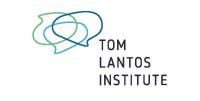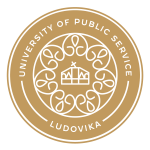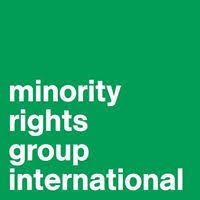University of Public Service – Ludovika
- security and defense policy;
- military leadership;
- national security;
- international relations;
- public administration;
- European Law and Public Administration;
- criminal investigation;
- law enforcement with specialties of disaster management,
- migration and management studies in law enforcement.
The university offers doctoral degrees in the fields of Military Science, Military Engineering and Public Administration.
The NUPS functions as a key institution for knowledge transfer and creation both nationally and internationally by nurturing a research oriented environment exploring the latest advancement in contemporary public administration science, security policy and law enforcement.

Tom Lantos Institute
The Tom Lantos Institute is an independent human and minority rights organisation with a particular focus on Jewish, Roma, and Hungarian communities and other ethnic or national, linguistic and religious minorities. As an international research and education platform, TLI aims to bridge the gap between research and policy, norms and practice.
It was established in Hungary in May 2011 by the decision of the Hungarian Government and the U.S. Senate to honour and continue the legacy of Tom Lantos, a Hungarian-American and the only Holocaust survivor ever elected to the United States Congress. A powerful voice for human rights and civil liberties throughout his life, he was the Co-Founder of the Congressional Human Rights Caucus and rose to become the Chairman of the House Foreign Affairs Committee. After his death, the Congress permanently established the Tom Lantos Human Rights Commission. TLI locates itself at the intersection of human rights and identity politics. While appreciating the importance of legal perspectives and remedies to violations, it investigates through multidisciplinary approaches the problem solving capacity of existing national and international norms. TLI’s principal strategic goal is the socialisation of human and minority rights through research, education, public debates, publishing, and memorialisation.


